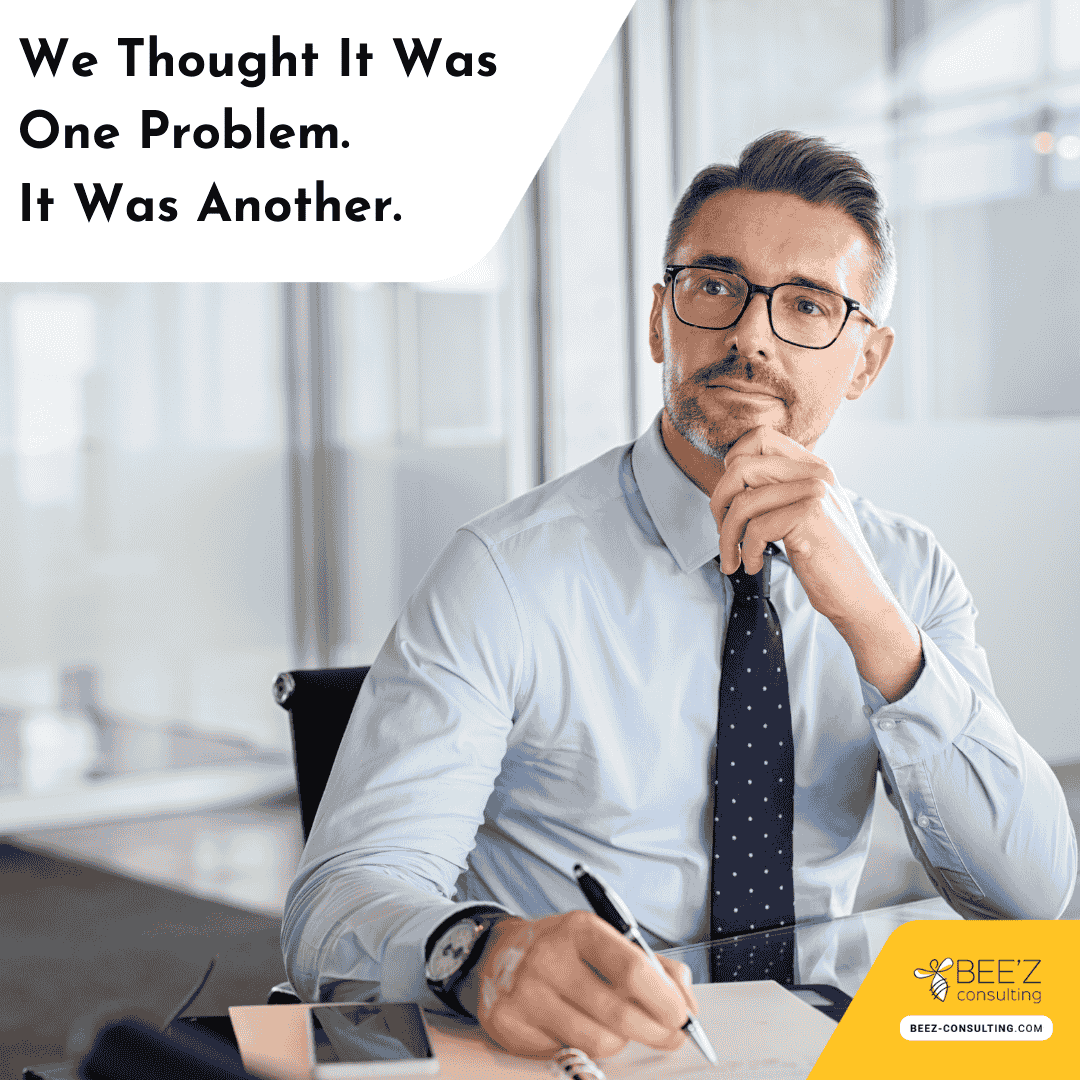
What defines workplace culture? Herb Kelleher once said: “Culture is what people do when no one is looking.”
In today’s business environment, strong organizational culture is not a luxury—it’s a necessity. When aligned with strategy and leadership, culture can drive performance, engagement, and resilience. But when neglected? It can be catastrophic.
In this blog, we revisit the 1935 film Mutiny on the Bounty to unpack the dangers of toxic leadership and what organizations today can learn from this classic case of failed culture.
The film recounts the true story of the HMS Bounty and its infamous mutiny. At its center: Captain William Bligh—an authoritarian leader whose leadership style sparked rebellion.
The message is clear: toxic cultures breed dysfunction, even rebellion.
Imagine if Captain Bligh had built a human-centered workplace. What might have changed?
A strong company culture promotes psychological safety, innovation, and resilience—even under pressure.
The lessons from the Bounty remain highly relevant today:
Cultural transformation starts with awareness and action. If you’re grappling with how to foster a healthier, more agile company culture, we can help.
👉 Download our free PDF guide: "Lessons from the Pandemic – 10 Steps to an Agile Organization"
🎥 Watch the Bee’z Consulting video: Mutiny on the Bounty and the Importance of Company Culture
📞 Book a free strategy call to discuss your cultural challenges and identify quick wins: Schedule your call now
Let’s co-create a workplace where engagement thrives and leadership uplifts—not dictates.
Bee’z Consulting — Helping organizations build thriving cultures that support growth, resilience, and well-being.

.png)
Leadership often breaks under pressure, not in training rooms. See why simulations help leaders practise real decisions and conversations, and how Bee’z Consulting turns practice into visible results within 7 days.


Close the experience gap fast. Run a 60 minute Experience Gap Scan to spot 5 friction moments and test one fix in 7 days. Clear owners. Better trust for teams.


Lessons from 2025. The real blockers were not strategy or tech. They were decisions, load, trust, and habits. Practical moves for 2026.
